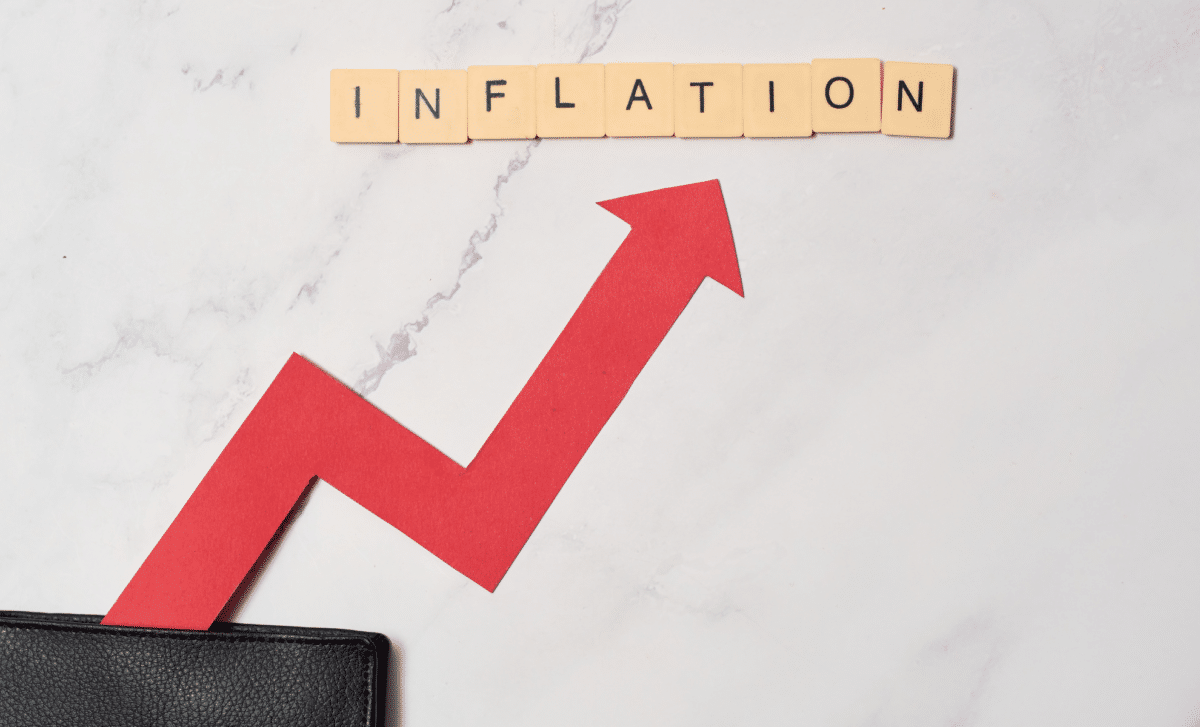Whether it is the food in your fridge or your monthly mortgage payments, inflation has seen costs rise sharply for UK households over the last two years.
Just two years ago, a bottle of olive oil from a supermarket cost around £7, and today it costs over £16. Groceries, from pasta to broccoli, have increased in cost by 95%. Car insurance renewals have risen by between 35% and 50%.
“UK households are now spending between 35% and 50% more on goods and services than they would be in April 2022, whether it’s eggs, energy, mortgages or Marmite. Observer analysis.
With Russia’s invasion of Ukraine nearly 26 months ago, a knock-on effect has seen energy and food bills soar, propelling UK inflation to a 41-year high of 11.1% in October 2022.
Inflation Predictions
March’s consumer price inflation figures are due to be revealed this Wednesday by the Office for National Statistics (ONS). Though it is expected that consumer price inflation will continue to fall, consumers may have to wait another month to see a more substantial decrease.
However, its impact on consumers’ budgets has been significant. Poor harvests, exacerbated by climate change, have pushed up the price of some foods, while labour shortages and rising labour costs have also kept inflation high, and supply problems caused in part by Brexit haven’t helped.
The chief executive of Tesco, Ken Murphy, warned last week that the costs of some key commodities, including cocoa, coffee, potatoes and crude oil, had continued to rise sharply. Inflation has been relentless, and once products become more expensive, they rarely become cheaper.
The Financial Impact
Energy Bills
Two years ago, average gas and electricity bills were around £1,100 a year. However, after the Russian invasion, energy regulator Ofgem raised the energy price cap by 54%, pushing up the average bill by a further £700.
Thus, bills are now around $590 after two turbulent years, 54% higher on average than in March 2022. Citizens Advice warned in January that 5.3 million people currently live in households in debt to their domestic energy supplier.
Broadband and Mobile Phones
According to Ofcom, the regulatory authority, around 11 million broadband subscribers and 36 million mobile phone subscribers have contracts with inflation-linked price increases. On average, bills have risen by 23% over the last two years.
For example, a typical household with a broadband and mobile contract costing £334 a year in 2022 will now be paying an extra £77 a year for broadband if they haven’t switched. Switching providers can result in an average annual saving of £179 for broadband customers
“Mobile customers could save £321 a year by switching to a SIM-only contract when they reach the end of a 24-month handset contract,” says Richard Neudegg, director of regulation at Uswitch.com.
Food Prices
Over the past two years, some food products have risen the most dramatically. ONS figures indicate that the average price of a bottle of olive oil has increased by 89%. Broccoli now costs 50% more than it did two years ago, and cucumbers have risen by 39p.
Restaurant prices have also been affected by the increased cost and difficulty of hiring staff. A main meal has risen from £13.19 in April 2022 to £15.38 in February 2022, representing an increase of 17%. Further increases have been seen in takeaways, with fish and chips rising from £7.90 in 2022 to £9.66.
Another thing that seems to be becoming increasingly unaffordable is the daily takeaway coffee. A regular 12oz latte at Pret, which cost £2.95 in 2022, now costs £3.50. Cappuccinos from Danish chain Joe & the Juice now cost £4.30.
Housing and Mortgages
For households trying to fix their monthly mortgage, payments are much higher than for those who took the plunge at the start of April 2022 (typically 35% or £4,700 more a year). Meanwhile, average private rents in Britain have reached record levels.
Housing market volatility has been rife since the September 2022 mini-budget, with numerous new fixed rate deals exceeding 6%. This means that the market will continue to fluctuate.
To date this month, the average new two-year fixed rate mortgage stands at 5.8%, up from 2.86% in April 2022, according to Moneyfacts.
Car Insurance
Among the biggest blows to household incomes in the last two years has been the extraordinary rise in car insurance premiums and, in many cases, premiums have doubled to more than £1,000 a year.
According to the Association of British Insurers, the average driver was paying £414 at the start of 2022. This has risen to £627 by the end of 2023, an increase of 51%.
Admiral, a leading UK insurer, recently claimed that it had increased premiums by 35% in 2023 alone. Meanwhile, the Office for National Statistics reports that prices have risen by 47% in the last 12 months.
Train Fares
Rail fares have been increasing annually in England and Wales over the past two years, with a 5.9% increase in March 2023 and a 4.9% increase in March this year.
Meaning that an annual season ticket between Woking and London has risen from £3,664 to £4,072, an increase of 11.1%.
So, on average, a typical rail passenger paying for an annual season ticket between Liverpool and Manchester has seen the cost rise from £2,864 to £3,180, an increase of £316.









